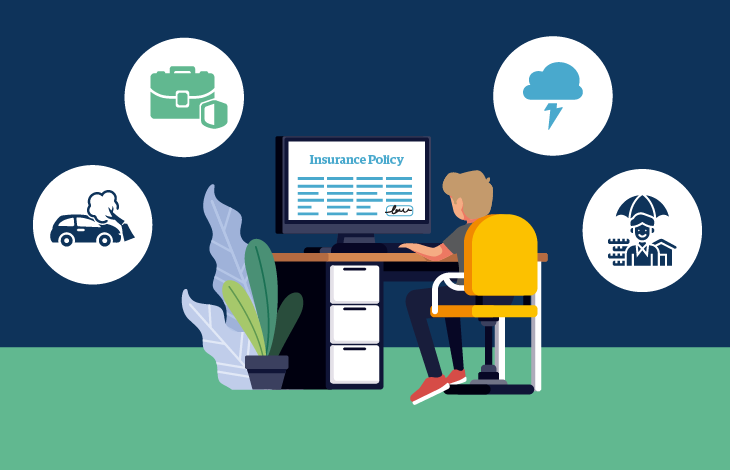
Personal preparedness – being ready for anything
If the last few months have shown us anything, it’s that the so-called event that once seemed unthinkable can actually happen – and when it does, businesses reach for their continuity or contingency plan.
Most businesses have one. But what about the rest of us? Contingency planning is just as important for people as it is for workplaces. Here’s a few basics to consider for yourself to make sure you’re prepared for the worst, should it strike.
Savings to tide you over
It can be helpful to work through the minimum amount of money you need for essentials each week. Then think about what savings you have for a buffer, and how long would it last?
If it’s not long, think about what you can cut back – restructuring debt and reducing expenses where you can. Remember that some bills such as mortgage payments can be deferred via short term holidays if that works for your particular circumstances. Have a chat to your provider and see if this is something that may be suitable.
Have a will
If the absolute worst happens, then leaving behind a valid will is the only way to ensure that your assets go to the people you have chosen, and in the way that you want. Wills don't just cover your money and possessions – they can also cover who will raise your children, care for your pets, how you want your funeral to be run and your wishes for your final resting place.
Unfortunately, far too many people put off getting their will sorted, and then suddenly it’s too late. Don’t be one of the 1500 New Zealanders who die each year without having a legally valid will – the complications are considerable. Did you know that if you don’t have a will, your assets don’t simply go to your next of kin? It’s worth getting it sorted and it may cost less than you think.
Enduring powers of attorney
What if you’re suddenly not in a position to take care of your own affairs, because of illness, an accident or age-related disease? With EPAs in place, decisions about your wellbeing, finances and property can be made by those you trust, like a family member or trusted friend, and in the way you want. They’re as important as wills - without them, managing your affairs can become difficult for your family. Tasks such as paying your bills can be a struggle if your family can’t legally access your accounts. And you’ll want someone you can trust to make decisions about your medical treatment and where you live.
Advice from the NZ Government notes that if you don’t have an EPA set up, and you aren’t able to manage any more, your family would need to go to the Family Court to appoint a welfare guardian. This can be expensive and time-consuming and the Court may not appoint the person you would have chosen to decide how to manage your property and personal matters.
Don’t be afraid to ask for advice
This article is just some food for thought – be sure to seek professional advice from those who can help you put a plan in place.
For a confidential conversation about your insurance program, contact one of our members today
General Advice Warning
The information provided is to be regarded as general advice. Whilst we may have collected risk information, your personal objectives, needs or financial situations were not taken into account when preparing this information. We recommend that you consider the suitability of this general advice, in respect of your objectives, financial situation and needs before acting on it. You should obtain and consider the relevant product disclosure statement before making any decision to purchase this financial product.

